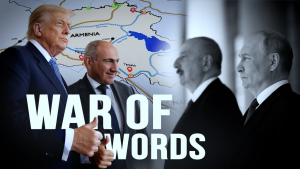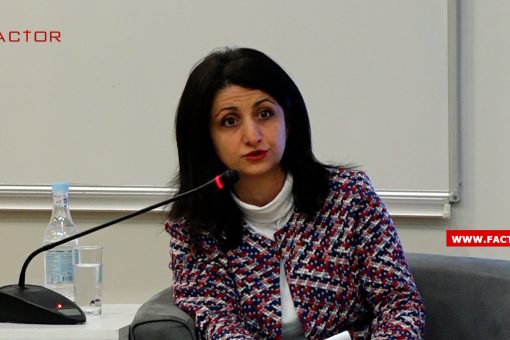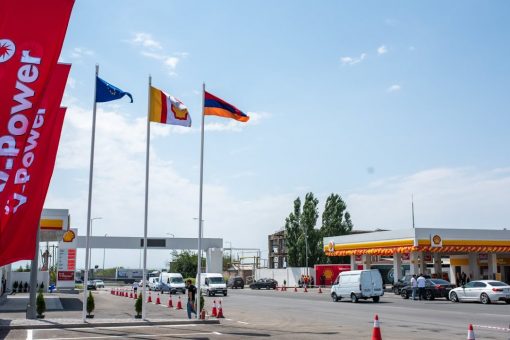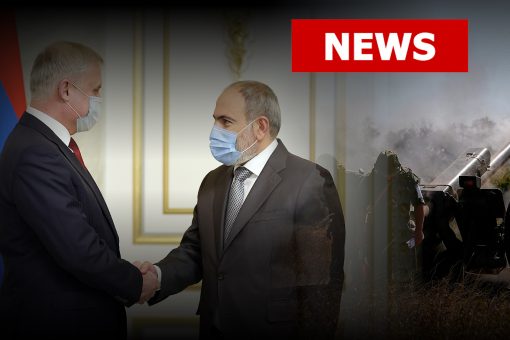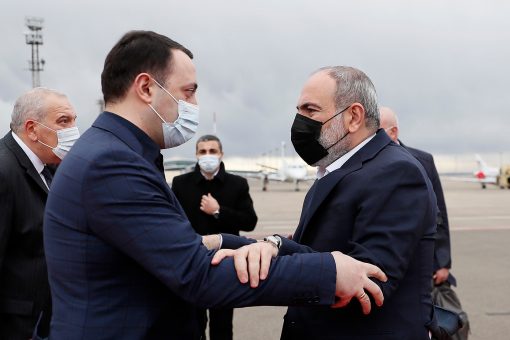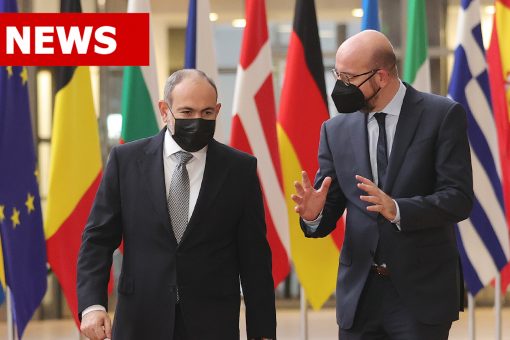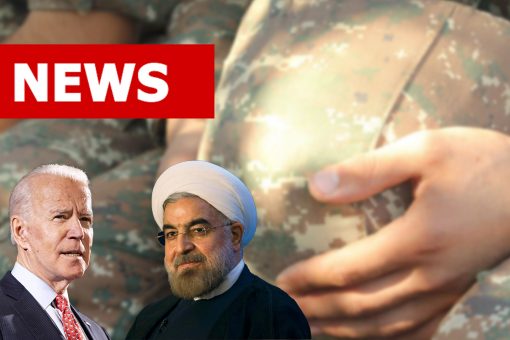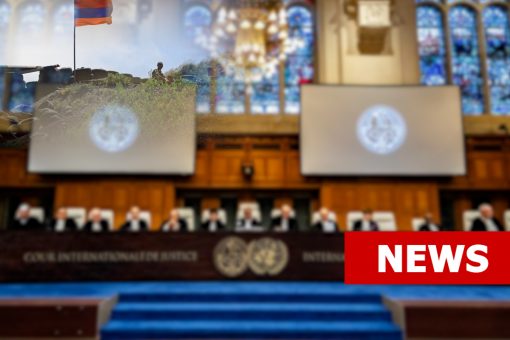Turkey and Azerbaijan reach public agreements against Armenian sovereignty and territorial integrity – Armenian Foreign Ministry
POLITICS
17.06.2021 | 19:38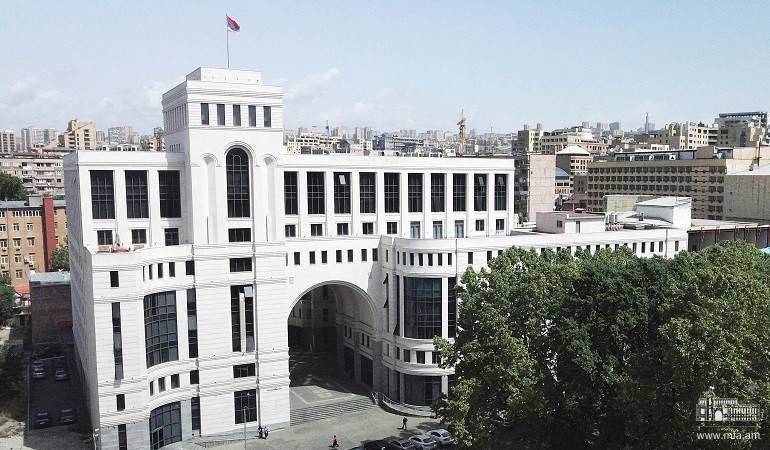
The Armenian Ministry of Foreign Affairs had issued a statement strongly condemning the joint visit of the Presidents of Turkey and Azerbaijan to the currently occupied city of Shushi in the Republic of Artsakh, describing it as an obvious provocation against regional peace and security. Equally condemnable are the declaration signed by the presidents of Turkey and Azerbaijan in Shushi and the speech made by the President of Turkey in the Azerbaijani Parliament. Although the Turkish-Azerbaijani declaration states in a separate clause that the document is not directed against a third party, nevertheless, its entire content targets the Armenian people. It clearly points to the alliance of the two states that carried out a 44-day aggression against the Artsakh Republic, against the self-determination of the people of Artsakh, the territorial integrity of the Republic of Armenia, and the rights of the Armenian people all over the world who survived the genocide. The phrase “Zangezur Corridor” in the declaration points to the fact that Turkey and Azerbaijan, inspired by the impunity they received after the joint aggression against the Artsakh people, are making public agreements against the territorial integrity of the sovereignty of the Republic of Armenia. Equally worrying is the agreement of the two states to fight against the international recognition of the Armenian Genocide. The above-mentioned agreements completely contradict the basic norms of the international law. It is worth mentioning that under the Vienna Convention of 1969, all international treaties that contradict the imperative norms of general international law are null and void and can have no international legitimacy. It is noteworthy that the declaration is not based on the UN Charter or the principle of universal and inseparable security of the OSCE, but their approach of “racial security”, which is rooted as a principle of unification of the “Turkic world”. In the context of such hatred towards Armenians, the proposals of the Turkish president voiced in the Azerbaijani parliament to create a platform for regional cooperation are hypocritical and misleading. The public agreements of the presidents of Turkey and Azerbaijan contain not only genocidal threats against the Armenian people in the region, but also a serious challenge for all countries interested in international “regional peace” and security, which emphasizes the need for close cooperation by all these countries. The realities achieved as a result of the use of force and aggression against the people of Artsakh cannot become a basis for local peace, just as the various imaginary Turkish-Azerbaijani initiatives in Shushi cannot alienate that Armenian cultural center from Artsakh and the Armenian people.









